Grants available for veteran-owned businesses
The risks taken by people who serve our country are more significant than those taken by entrepreneurs. Many former members of the United States armed forces have found success as business entrepreneurs because they brought an attitude of boldness and dedication to a greater purpose with them from their time in the military.
Blue Laser Digital’s staff has served in the U.S. Navy and understands what it takes to run a veteran-owned business. Despite the many setbacks and difficulties encountered along the way, we have learned to persevere and develop due to our business experiences. We’ve also learned about other tools that can aid veteran business owners in their early stages of development.
If you’ve just returned from active duty, starting a business may seem like an intimidating prospect. Many helpful tools and services exist to make the trip less daunting. You may conclude that these alternates provide the impetus you need to start the business of your dreams.
What to Know About Being a Veteran Business Owner
Several things set the community of veteran business owners apart. They are all veterans of the United States armed forces, but their paths to entrepreneurship couldn’t be more different. In recognition of this, the federal government has established agencies and grant programs to assist all types of veterans in launching their enterprises.
The Small Business Administration (SBA) has made significant efforts to meet the needs of veteran business owners by developing numerous programs to assist them in getting their businesses off the ground. All Small Business Administration (SBA) programs are accessible to veterans, active-duty service members, service-disabled veterans, and families or survivors of military members. The SBA has reached out to everyone, regardless of who they are or what their circumstances are.
Microloan and training programs and grant options are available to help veterans get their enterprises off the ground. No matter how long your business has been in operation or how much expertise you have in the business world, veteran small business grants can help you get it off the ground.
Microloans
Microloans from the Small Business Administration are available to startups and established enterprises in economically depressed areas. Nonprofit organizations often administer these smaller loans (up to $50,000). Veteran entrepreneurs who want to shop in underdeveloped areas can benefit greatly from this opportunity.
SBA Express Loans
Despite having a shorter processing time, the underwriting standards for SBA Express loans are often higher than those for regular SBA loans. A qualified veteran can borrow up to $500,000 with one of these loans. Additionally, the upfront guarantee requirement (often 2%-3% of the loan amount) is removed for qualified veterans and their spouses.
Bank Business Loans
A bank loan for a small business is typical for a company of this size. However, the bank may need you to have been in business for several years, despite the cheap interest rates that come with these loans. You should consult a bank lender about the specifics of the bank’s loan programs for veterans to determine if this is a viable alternative.
SBA 7(a) Loans
Although this loan option doesn’t specifically target veterans, it is a fantastic alternative for well-established firms seeking long-term funding. Financial institutions such as banks or credit unions typically offer these loans and provide more considerable amounts than the SBA Express program. However, getting approved for one of these loans is a complex process. You’ll need an excellent credit score and solid financial records, just like with the Small Business Administration’s Express Loans program.
504 CDC Loans
This loan program offers long-term financing for considerable fixed assets that can be up to 5 million dollars in business to support the expansion of businesses. The Small Business Administration (SBA) oversees Certified Development Companies (often known as CDCs), the only authorized lenders for Section 504 loans.
